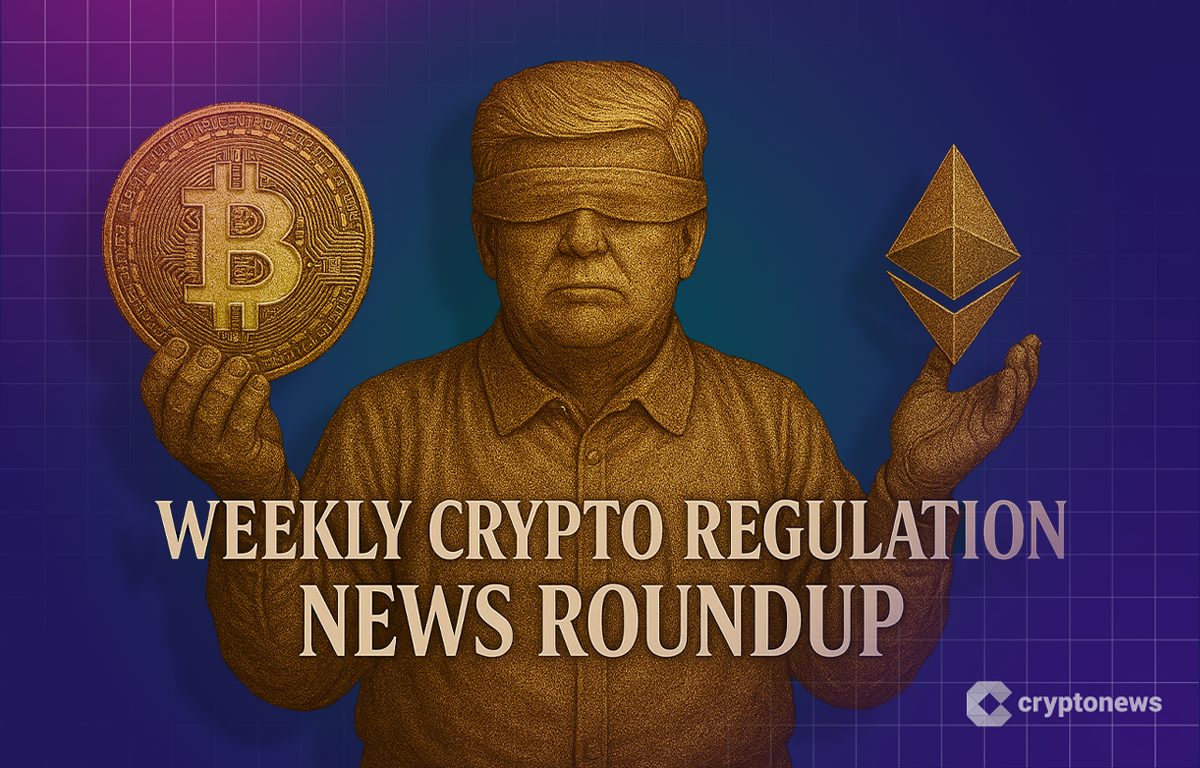Ex-OpenSea Employee Cleared in First NFT Insider Trading Appeal — Here’s What Changed
A former OpenSea product manager has successfully overturned his conviction in what was once hailed as the first insider trading case involving non-fungible tokens.
The ruling by a US federal appeals court on Thursday marks a significant setback for prosecutors hoping to apply traditional financial crime laws to the fast-evolving crypto sector.
The case centered on Nathaniel Chastain, a 35-year-old Massachusetts native who managed homepage curation at OpenSea, the world’s largest NFT marketplace.
In May 2023, Chastain was convicted of wire fraud and money laundering for using insider knowledge to buy NFTs just before they were featured on the platform’s front page, then flipping them for profit.
OpenSea NFT Insider Case Undone by Misguided Jury Guidance
Court filings showed he made roughly $57,000 through 15 such trades, using anonymous wallets to conceal his identity. He later transferred the proceeds into his personal account.
Prosecutors described the scheme as theft of confidential business information, arguing it constituted a misuse of OpenSea’s property.
However, on appeal, the 2nd US Circuit Court of Appeals in Manhattan disagreed. In a 2-1 decision, the court ruled that the jury received flawed instructions, effectively allowing a conviction based solely on unethical behavior rather than actual theft of property with commercial value.
Appeals Court Faults Vague Jury Instructions in OpenSea Case
Judge Steven Menashi, writing for the majority, said the lower court erred by telling jurors that Chastain could be guilty even if the information he used lacked tangible value to OpenSea. He also criticized the instruction that jurors could convict if they found Chastain’s conduct violated broad notions of honesty and fair play.
Menashi warned that using such a standard could make nearly any deceptive act a criminal offense. The appeals court returned the case to US District Judge Jesse Furman for further proceedings. It is not yet clear whether prosecutors intend to retry Chastain.
Court Narrows Definition of ‘Property’ in Wire Fraud Cases
The ruling sharply limited how the government can apply the wire fraud statute to confidential information. The court held that such information must have clear commercial value to the employer—something prosecutors failed to prove in this case.
The featured NFT data, according to the opinion, was not monetized by OpenSea and was not treated as a valuable asset internally. That made it too “ethereal” to qualify as property under the law.
Compounding the problem for the government, the jury was told it could convict based on conduct that was merely unethical. That instruction, the court found, “tainted the verdict beyond repair.”
Judge Jose Cabranes dissented, saying he would have upheld the conviction. The US Attorney’s office in Manhattan has not commented on whether it plans to pursue the case again.
Ruling Undercuts DOJ’s Early Effort to Police NFT Markets
Chastain had already served his three-month prison sentence while his appeal was pending. His legal team welcomed the decision, calling the case a “miscarriage of justice.”
The conviction was announced in June 2022, as the NFT market was booming, estimated at nearly $40b.
Prosecutors had positioned the case as a signal that the digital asset space would not escape scrutiny. Thursday’s ruling, however, may force the government to rethink how it approaches crypto-related offenses.
In a separate matter, OpenSea itself came under regulatory fire last year when the SEC launched an investigation into whether the platform operated as an unregistered securities exchange. That probe closed without action in February, according to co-founder Devin Finzer.
You May Also Like

A new address continues to hoard Ethereum, absorbing over 110,000 ETH in 6 days

UK FCA to open retail channels for cryptocurrency ETNs on October 8
